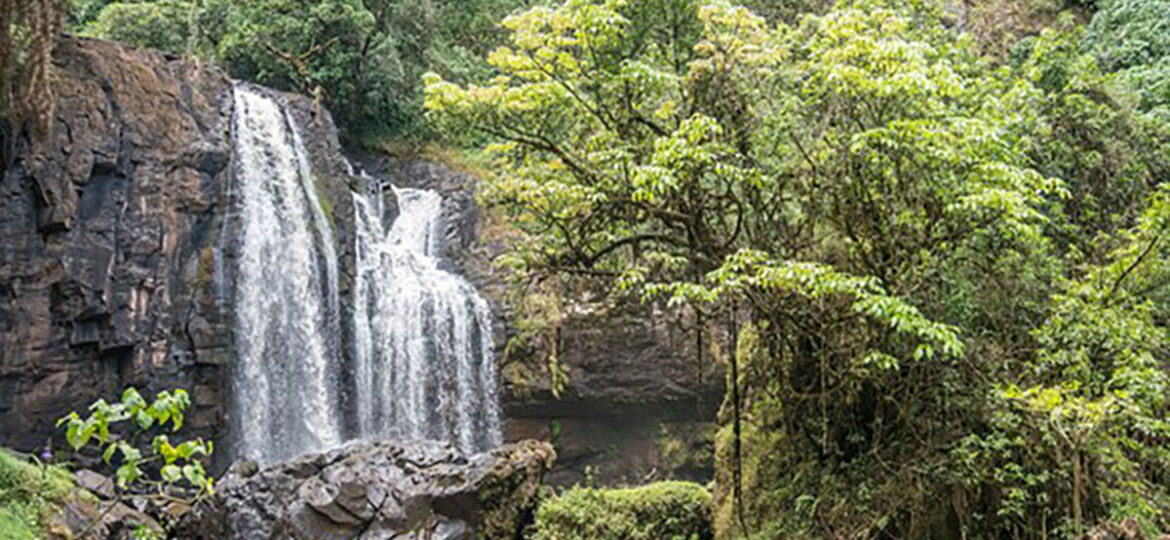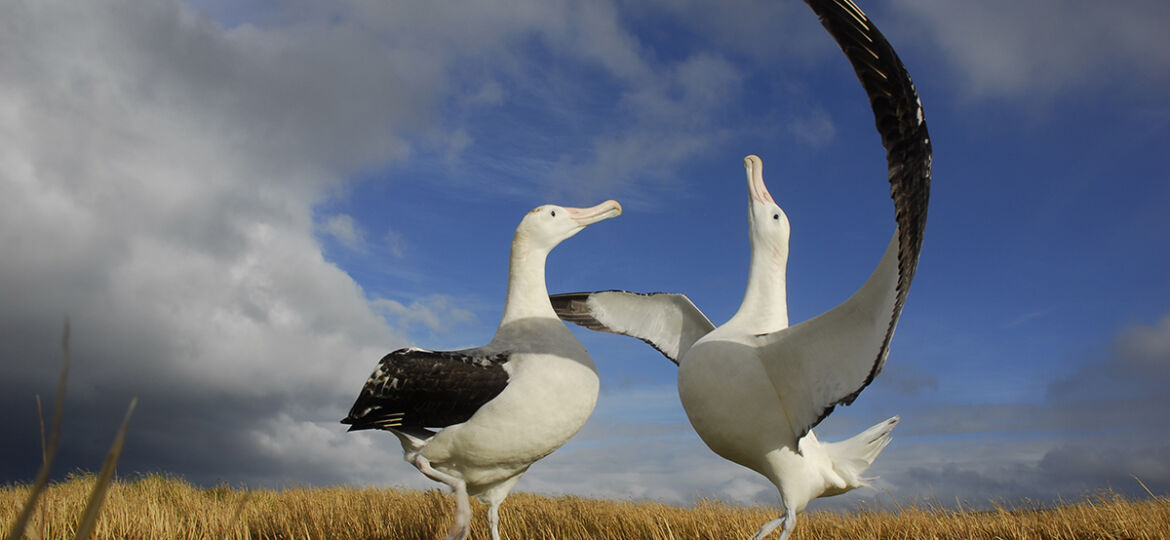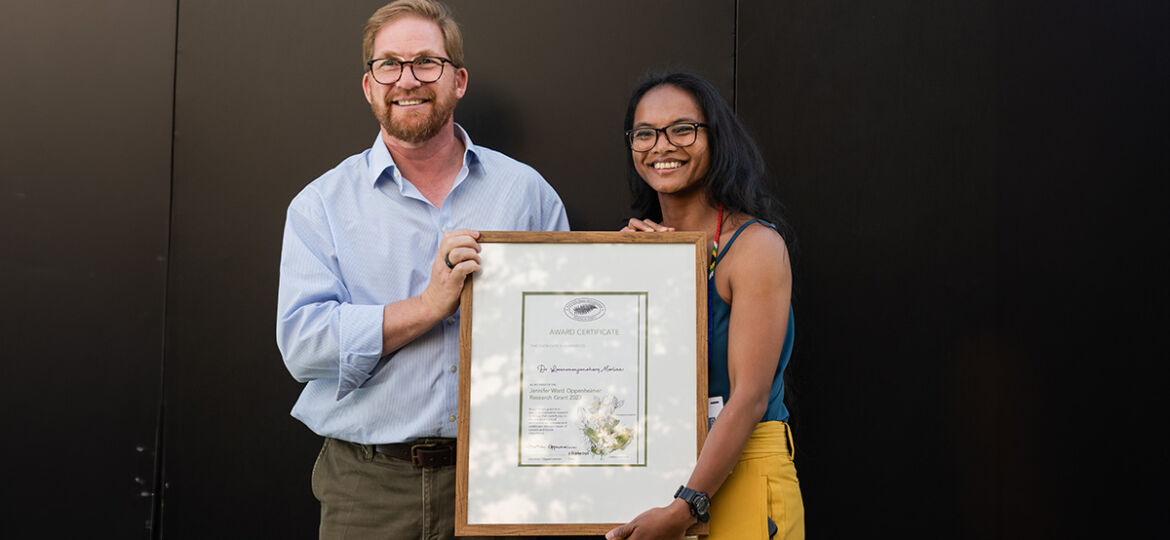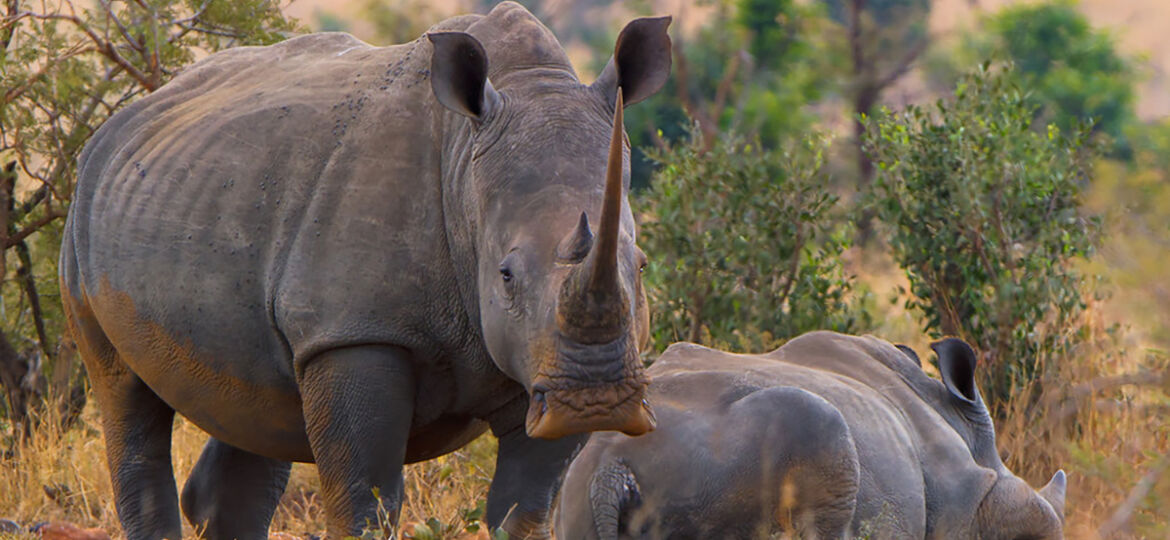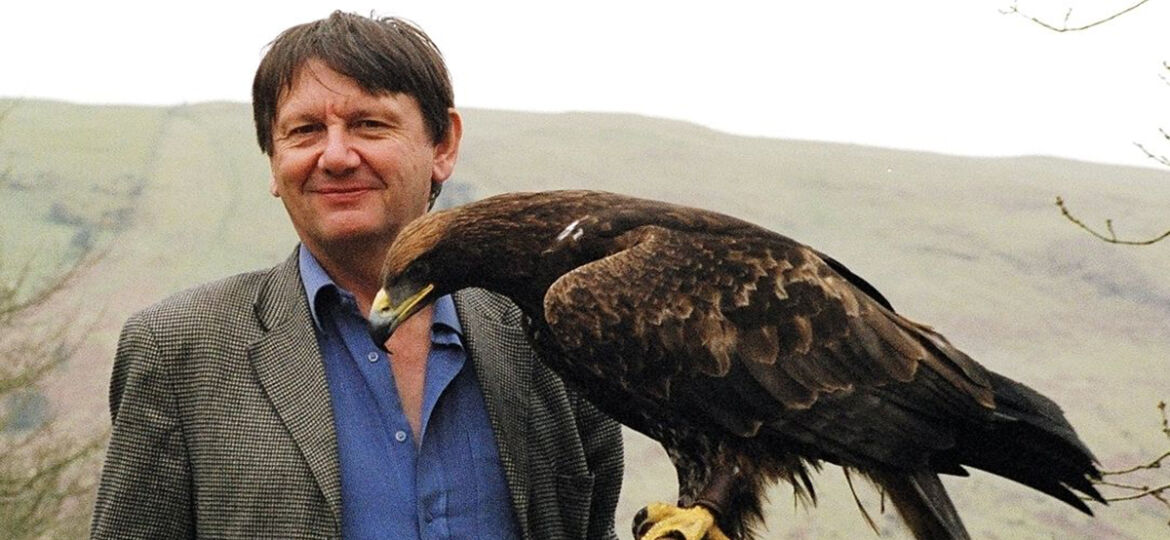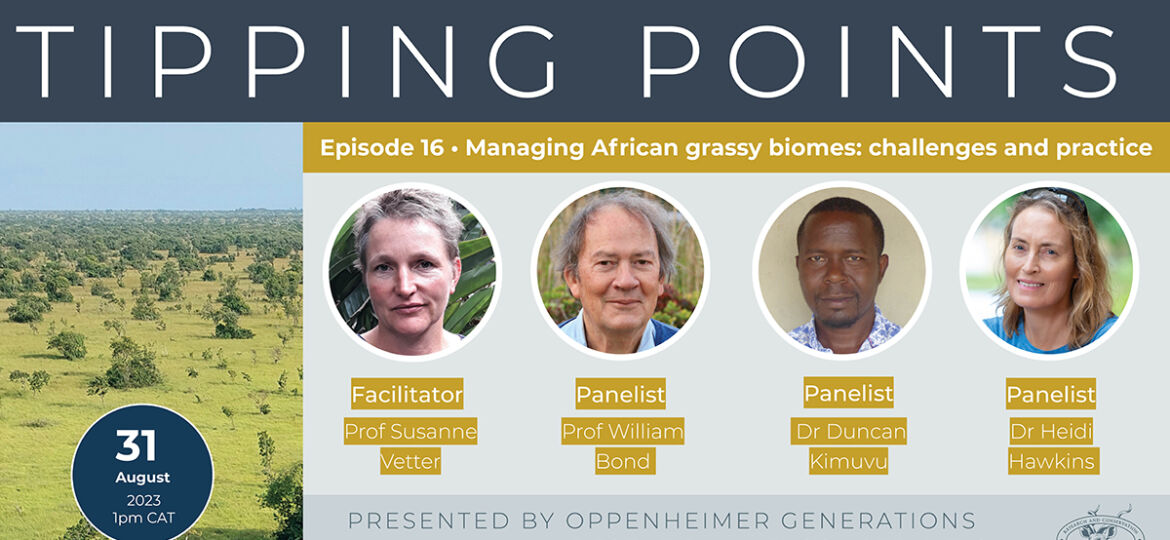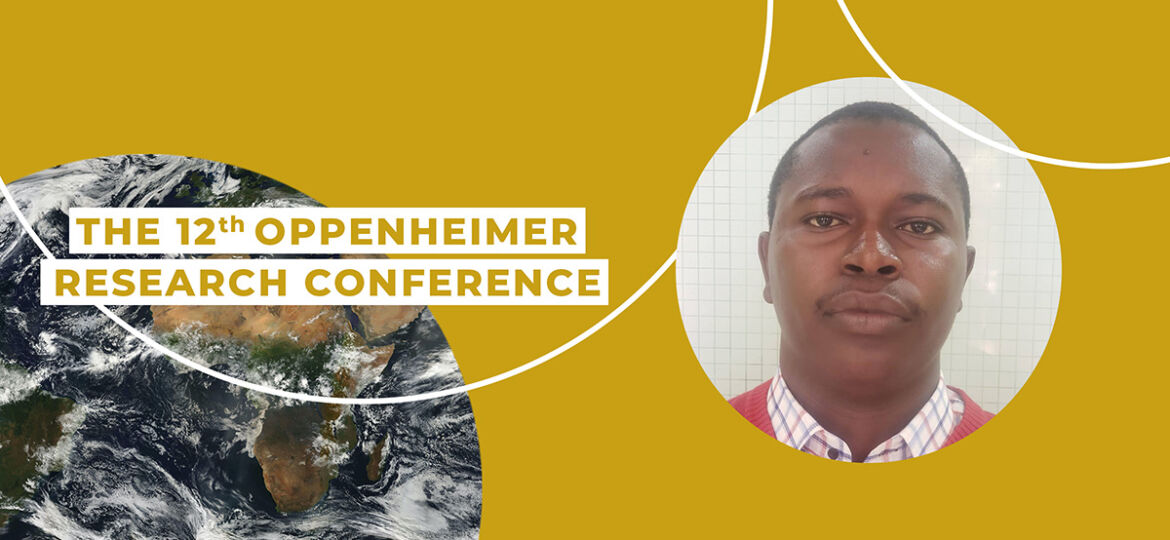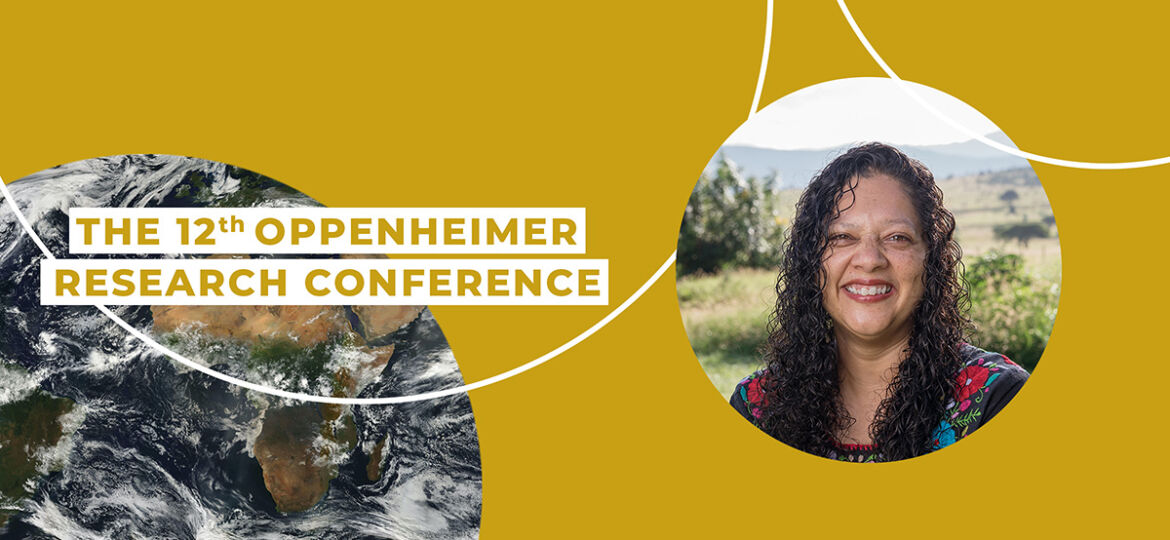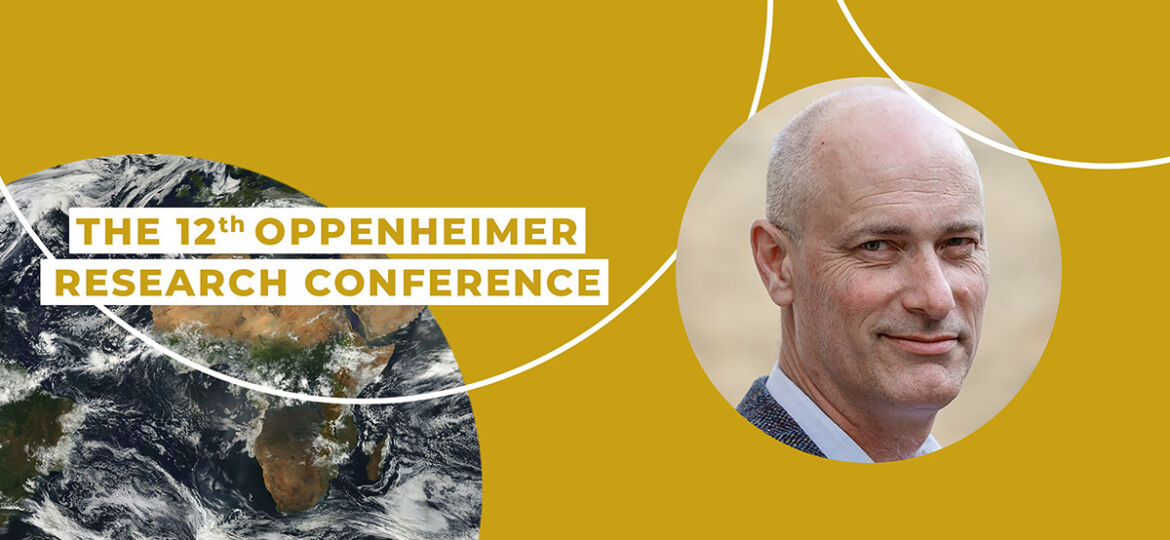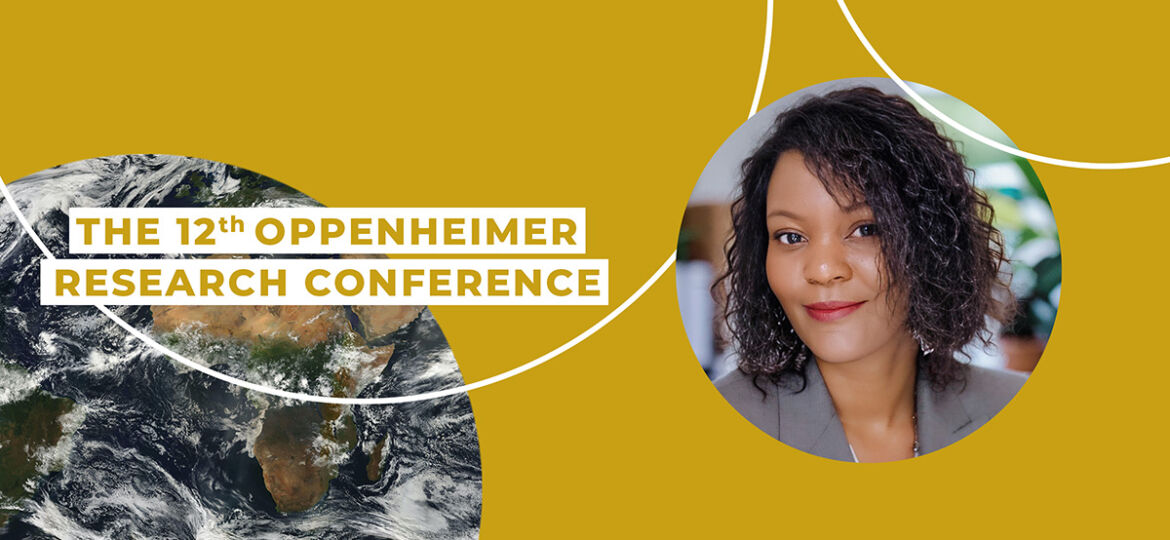Four in every five of us worldwide depend on medicinal plants for their primary healthcare. But are Africa’s traditional healers, the source of many of these cures, benefiting? These and other environmental and conservation questions are expected to be raised by Kenyan forest ecologist, Dr Doris Mutta at next week’s Oppenheimer Research Conference (4 to 6 October).
People – nature relationships
Yves Vanderhaeghen interviews the team spearheading an operation to rid Marion Island of mice which are annihilating seabirds and other life.
Generations of coal miners relied on canaries in cages as an early-warning system to detect toxic or explosive gases. The birds, being more sensitive than humans, would die or get sick first, giving miners a chance to escape or put on protective breathing equipment.
Amid the increasingly bloody poaching conflict, a more nurturing approach is required to further rhino conservation, says a former head of conservation at SA National Parks.
Yves Vanderhaeghen interviews Carl Jones, who has saved more species from the brink of extinction than any other conservationist.
The best time to plant a tree was 20 years ago. The second-best time is now.
The Oppenheimer Research Conference creates a platform for researchers and practitioners in conservation sustainability to share their knowledge to increase its impact. Here are a few snap shots of presentations.
The Oppenheimer Research Conference creates a platform for researchers and practitioners in conservation sustainability to share their knowledge to increase its impact. Here are a few snap shots of presentations.
The Oppenheimer Research Conference creates a platform for researchers and practitioners in conservation sustainability to share their knowledge to increase its impact. Here are a few snap shots of presentations.
The Oppenheimer Research Conference creates a platform for researchers and practitioners in conservation sustainability to share their knowledge to increase its impact. Here are a few snap shots of presentations.



